CODE RED: It’s an issue. Period.
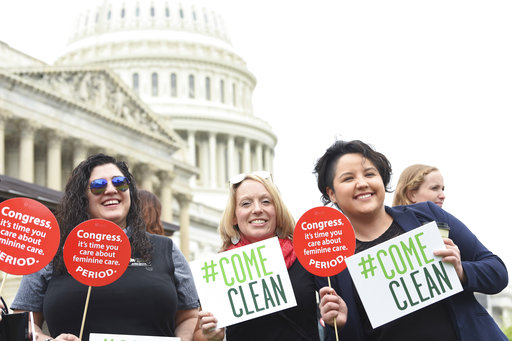
IMAGE DISTRIBUTED FOR SEVENTH GENERATION – Menstrual Products Right to Know Act supporters join a Women’s Voices for the Earth’s women’s health rally supported by Seventh Generation at the Capitol on Tuesday, May 23, 2017, in Washington. (Kevin Wolf/AP Images for Seventh Generation)
As a high school journalist, I am taught to always keep my eyes and ears open for a story worth writing. Nowadays, the headlines read the same: opinions of the president’s latest speech, different angles on climate change, and developments of new drugs. Even though such issues are important, there are other subjects that are just as important, such as gender inequality based on such a simple thing like a girl’s period.
Menstruation is a basic component of female biology, but in today’s world it poses an issue for many women around the world. It’s not our fault we menstruate, but we are forced to worry about many things like not having a specific product in a public facility and the costs of products. Girls in developing countries suffer much greater costs. They miss opportunities and are sentenced to a subordinate role in life, all because the complications of menstruation aren’t viewed as a true problem. Periods shouldn’t be stopping any woman, yet they are.
Here, in a first world country, girls complain when their Advil doesn’t cure back pains or cry when emotions run high, and although these are real problems, we are privileged in comparison to girls living in developing parts of the world. In developing countries, girls miss weeks of school and fall dangerously behind because periods are “shameful” and they don’t have tampons or pads to conceal it. Periods should not be preventing women from fulfilling their potential and receiving a good education. If girls are missing one week each month of the school year, they fall tragically behind their male classmates. This builds a threatening barrier between genders, separating smart boys from the girls who could have been equally as accomplished if it weren’t for the lack of pads and tampons in the area. Such countries do not invest in a woman’s education because their body is their purpose; they are just supposed to have children and stay home. The lack of period products binds them to such a life.
As an Indian-American, I’ve seen how my own culture can shame girls on their periods. In Indian culture, periods are typically taboo, and any discussion on the topic is almost immediately rejected and swept under the carpet. This benefits no one. On top of it being a taboo topic, men treat women as “unclean” when they’re menstruating and don’t let them outside of the house. Although urbanization has adopted a more western outlook, rural areas suffer most, and the fact that they’re isolated from awakened societies digs them deeper into the trench of female subordination. In developing countries, menstruation is no longer just menstruation. It is now the platform that separates women from an equal path of life- the path that men walk.
If my parents still lived in India, I would be living a very different life right now. Maybe I wouldn’t be writing for my school newspaper, singing choir music, or acting in school plays. Maybe I wouldn’t be able to go to school. Maybe I wouldn’t even be able to go to college. There are a lot of things that could have happened if my parents didn’t settle in a country that is better for their future and mine. While I live the luxurious life of wearing pads, being able to leave the house on my period, and not being controlled by a man, another girl my age on the other side of the world is living a very different life.
Yes, gender inequality is the issue, but in many ways it traces back to periods. We already have strong women in this world, but what we need is to support and empower those women, and to make sure their voices are heard. That all goes back to the period products they need.





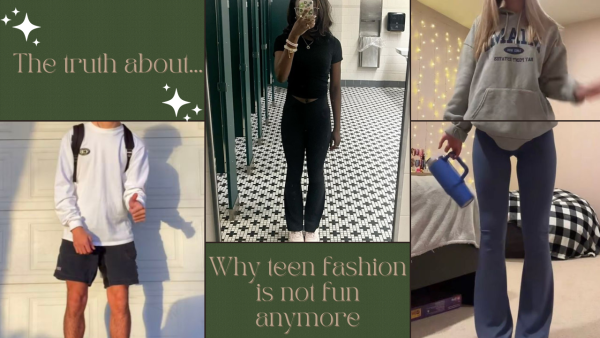

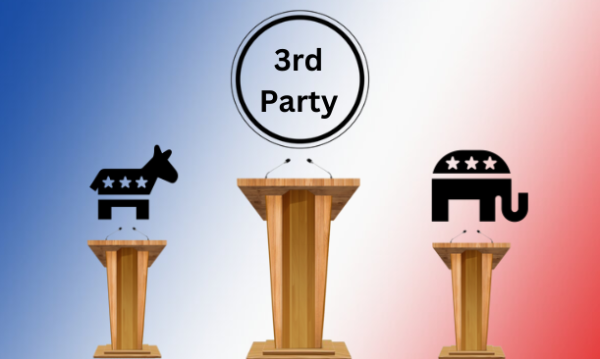
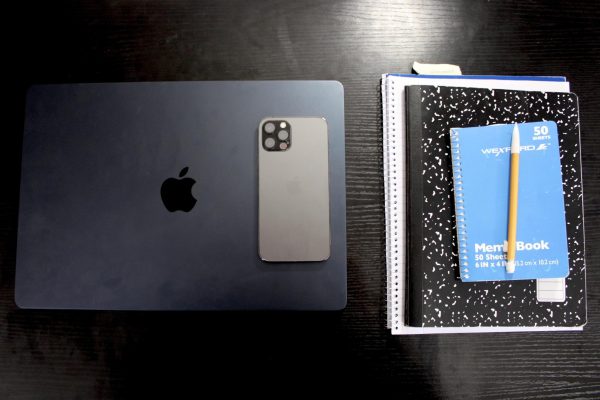
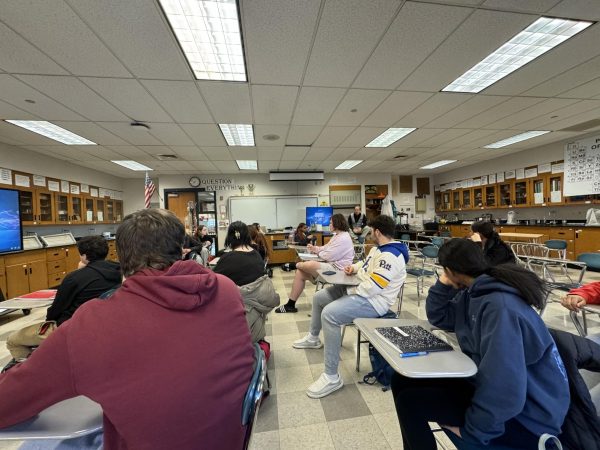
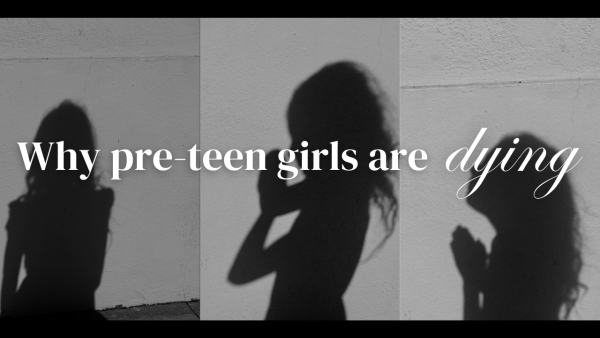

Michael Cole • Apr 23, 2018 at 12:04 pm
The government isn’t responsible for the lack of feminine care products, just like they aren’t responsible for other products like toilet paper. Although I do think this is a problem in the other parts of the world that you mentioned, it’s not in the U.S.